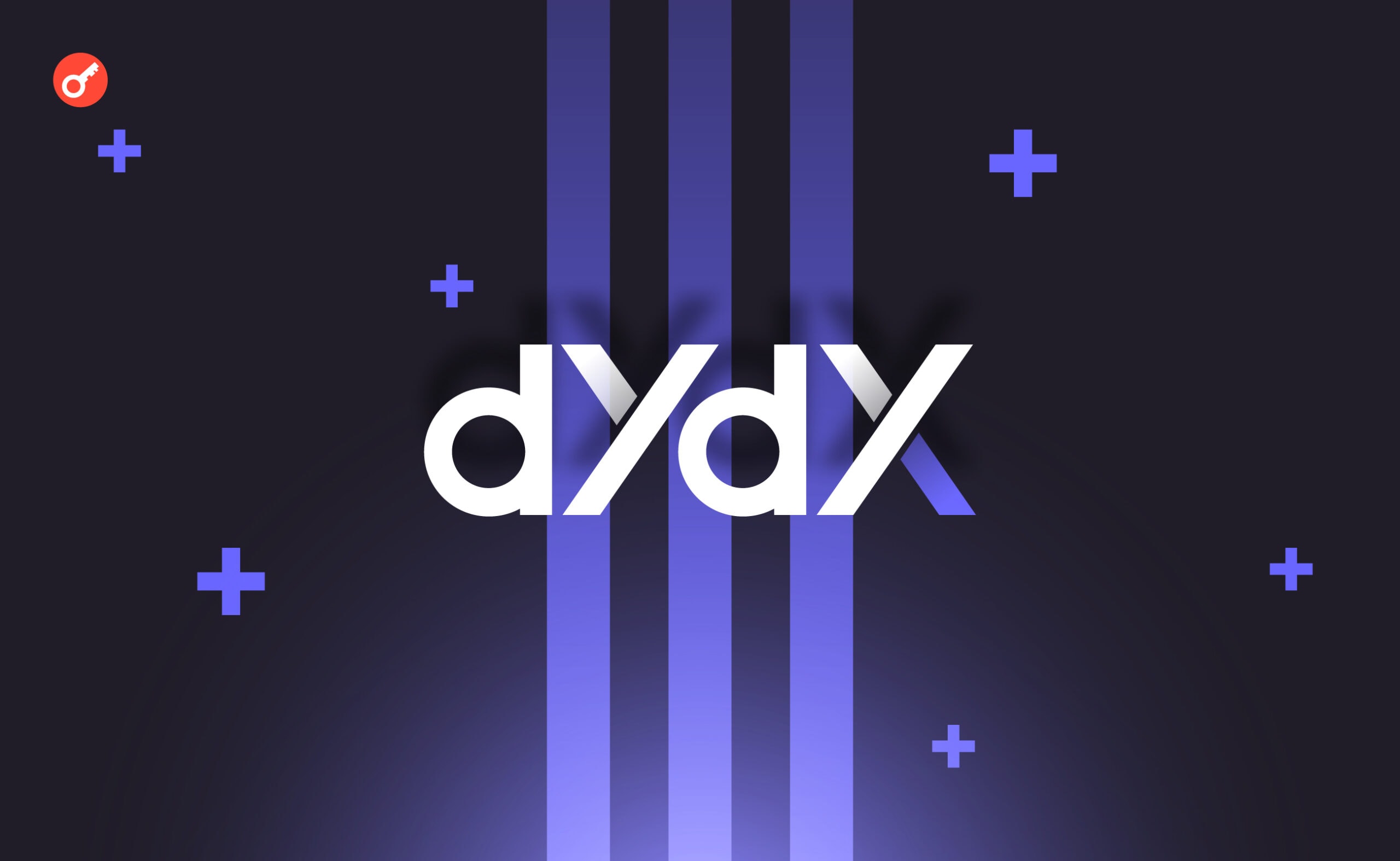LetsBonk graduated only 5 tokens in 24 hours, signaling a sharp decline in fortunes
LetsBonk’s fall from grace may have reached a new low. The Solana-based memecoin launchpad, once hailed as Pump.fun’s fiercest challenger, only managed to graduate just five tokens in the last 24 hours, according to Dune Analytics data.
Pump.fun, on the other hand, graduated more than 170 tokens over the same period. The numbers also tell a short story of how quickly LetsBonk’s momentum has evaporated since July, when it briefly overtook Pump.fun and controlled over 70% of the market.
 Pump.fun has reclaimed its dominance of the Solana memecoin launchpad space. Source: Dune Analytics
Pump.fun has reclaimed its dominance of the Solana memecoin launchpad space. Source: Dune Analytics
From breakout star to fading rival
Launched in April through a partnership between BONK and Raydium, LetsBonk rose on the back of its revenue-sharing model and deeper liquidity pools. By early July, the platform was graduating over 200 tokens per day at some point and attracting creators frustrated with Pump.fun’s fee-heavy structure.
Recent data show that the rally was short-lived. Pump.fun has since found its way back to the top and reclaimed lost ground through a mix of product tweaks, liquidity programs, and community incentives. By early August, it had halved LetsBonk’s lead, and today’s Dune numbers suggest the challenger is sliding into irrelevance.
In the past 24 hours, as of the time of writing this article, Pump.fun has 63.62% of the market share, followed by Heaven and Bags, which have 27.9% and 3%, respectively. LetsBonk comes in a distant fifth, with 1.7% of the market share.
As of August 5, the last time it led the market, LetsBonk had 43.9% market share, followed by Pump.fun, which was already making a comeback at 36.6%.
Why the collapse?
The first factor will be the memecoin market itself, which is notoriously volatile, with users abandoning platforms once hype fades and narratives change. The meteoric rise of LetsBonk itself is partly owed to the fact that Pump.fun, which had the first-mover advantage, wasn’t doing much for its community, a gap which LetsBonk filled with its offerings.
In early August, Pump.fun announced the launch of the “Glass Full Foundation,” an initiative aimed at pumping liquidity into select memecoin projects with the aim of steadying token markets. Some saw this move as a strategy to win back its community.
While LetsBonk generated buzz with its brief market share gains, the platform may not have built the reputational foundation required to retain creators once competition intensified. With Pump.fun offering reliability and familiarity, many traders and developers simply returned to what they knew worked.
For LetsBonk, fewer token launches also mean that liquidity is thinning out, making the platform less attractive for both creators and speculators.
Can LetsBonk bounce back?
Revamped incentive models, strategic partnerships, or a fresh narrative push may be required to claw back attention. But in the unforgiving memecoin market, patience is rare and loyalty even rarer.
The platform recently launched a points incentive system, which has so far failed to deliver sustainable engagement. However, given that the program was just recently launched, now may not be the best time to judge its effectiveness in changing LetsBonk’s fortunes.
For now, the data paints a stark picture, and that’s the fact that LetsBonk, the breakout platform that once threatened Pump.fun’s crown, is slipping dangerously close to irrelevancy. If this trend continues, creators may abandon the platform altogether, further concentrating Solana’s memecoin activity on Pump.fun and other platforms such as Bags or Heaven, the new kids on the block.
If you're reading this, you’re already ahead. Stay there with our newsletter.
You May Also Like

Community calls on dYdX Foundation to restore $25 million migration bridge due to blocked tokens

AI Labs: Mercor’s Bold Strategy Unlocks Priceless Industry Data
